Hungarian singer Bea Palya released her album Nő (Woman) in 2014, which was a turning point in her career. “I feel that for the first time, I was able to put together who I am as a whole,” she said at the time. The songs tell the story of what it is like to be a woman with raw honesty, evoking centuries-old musical traditions, but in a very contemporary way.
The song Emberállat (Human Animal), for instance, paraphrases the famous poet Attila József, but from the perspective of a woman giving birth to a baby girl; Én Istenem (My God) is a beautiful half-cover of the klezmer song Shnirele Perele, with lyrics in Hungarian by Bea Palya; and Szavak nélküli (One Without Words) is perhaps the most intimate piece on the album, a mother’s outpouring of love for her baby, from the unspeakable to the unspeakable.
This collection, born almost a decade ago, has had several sequels. One is the follow-up album, 2016’s Tovább Nő (a wordplay both meaning Growing Further and More Women), which reveals a musical world as exciting, eloquent and honest as its predecessor, with lyrics both showcasing the universal and the individual. The other is a series of concerts that showcases women, or even Women, from around the world – such musicians whose work Bea Palya appreciates and with whom she also enjoys working. The series is called My Silks and since its launch in 2015, the Hungarian singer has been joined by a number of international artists on the stage of the Budapest concert hall.
Previous guests all brought different roots, languages and musical styles with them. After Kurdish Çiğdem Aslan, Yemeni-Israeli Noa, Algerian Berber Souad Massi, Norwegian Beate S. Lech, Iranian-Turkish Michal Elia Kamal and Cape Verdean Mayra Andrade, this time an Estonian singer, Mari Kalkun, joins Bea Palya. They met at the latter’s concert in Tallinn and soon found that they understood each other very well, both musically and personally. “It will probably be one of the most exciting ‘My Silks’ sessions ever in terms of joint creativity”, as Bea Palya predicts about the concert on 29 April.
But what is Mari Kalkun’s music like? Her songs are mostly her own compositions: they are born from the wonders of nature, Estonian folk music, poetry and folk art, and of course from the talent of Mari Kalkun herself. Like folklore itself, she often balances on the border between lyric and epic. She has lyrics written by poets about rural life, the depths of the forest, or the countryside, and other times she is on stage telling some ancient story, perhaps collected by herself on an ethnomusicological tour. It is no surprise then that she is at home in the musical traditions of the minorities living in Estonia, as well as in the various local dialects. She accompanies herself on a variety of instruments, which she makes herself.
According to the usual schedule of My Silks, the two singers first perform separately and then play together. Bea Palya’s statements suggest that this time she is most looking forward to the latter part. According to Mari Kalkun’s website, “the swirling sounds of the Estonian language and its dialects create a meditative atmosphere, into which traditional singing, also known as regiaul, and folk music are woven.” I wonder how Bea Palya will respond to this with Hungarian language and her own unique musical world? On 29 April we will see!



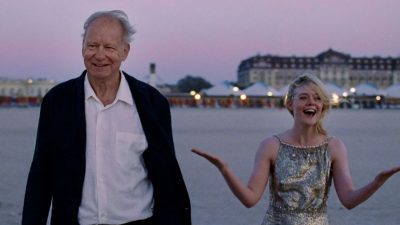

















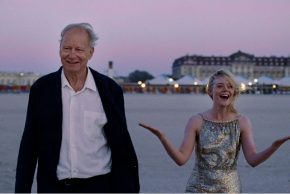
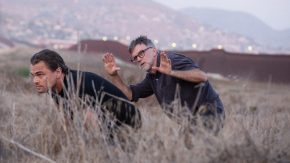
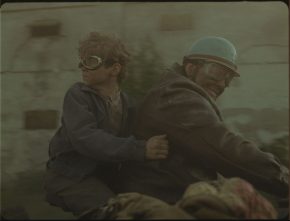
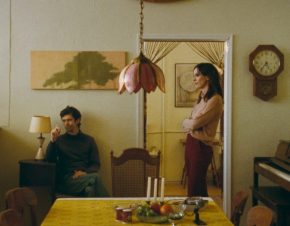
Comments